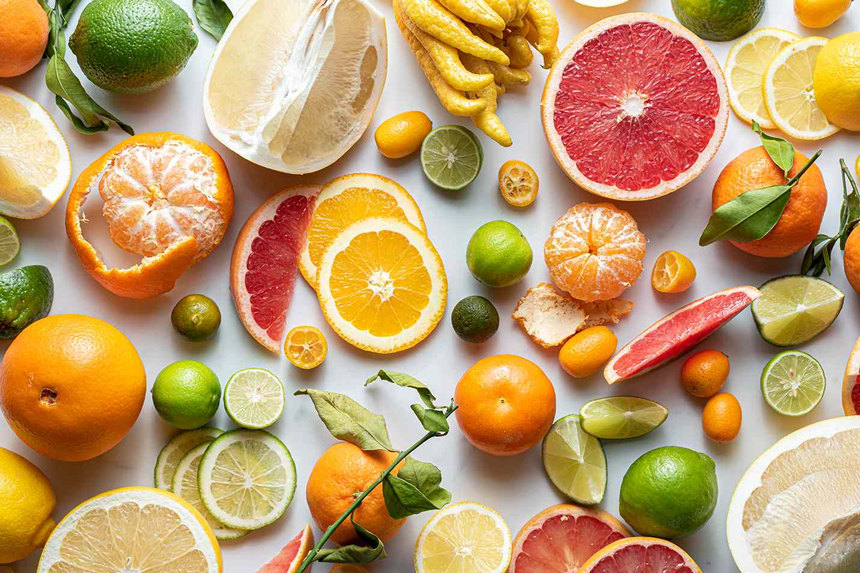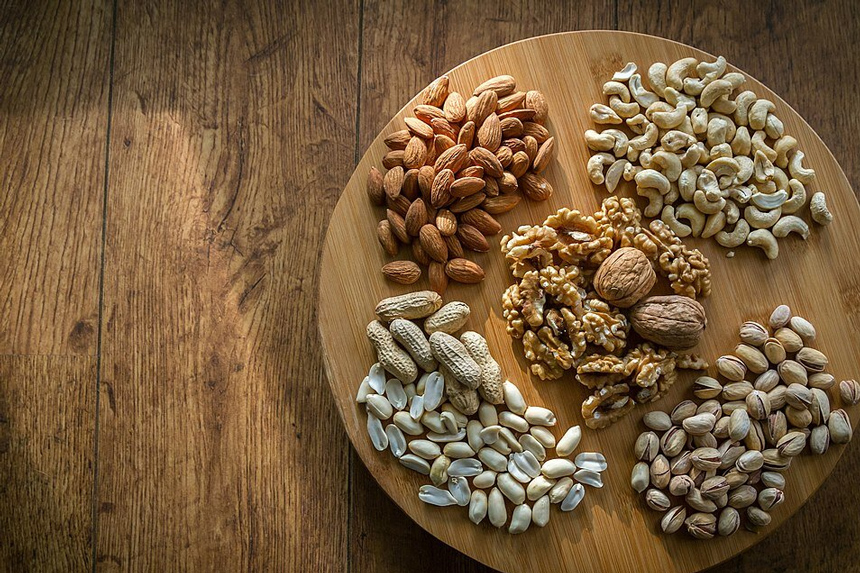Citrus Fruits

Citrus fruits are bursting with vitamins, minerals, and plant compounds that not only delight the taste buds but also offer substantial heart health benefits. These fruits, which include grapefruit, oranges, and lemons, have been linked to lowering risk factors for heart disease, such as high blood pressure. A study in 2021 highlighted the benefits of consuming 530 to 600 grams of fruit daily, roughly equivalent to four oranges, for blood pressure management. However, it’s important to note that grapefruit and its juice might interfere with blood pressure medications, so a healthcare provider’s advice is essential before incorporating it into your diet.
Citrus fruits stand out not just for their ability to improve heart health but also for their refreshing taste and versatility in recipes. From a zesty orange salad to a warm lemon tea, these fruits can easily be incorporated into daily meals. Their high vitamin C content also supports the immune system, making them a powerhouse of health benefits. [3]
Nuts and Seeds

Nuts and seeds, including pumpkin seeds, flaxseed, chia seeds, pistachios, walnuts, and almonds, are beneficial for blood pressure control. They are rich in fiber, arginine, and other nutrients that help relax blood vessels and reduce blood pressure. However, research on their effect on blood pressure has yielded mixed results, suggesting that more extended studies may be needed to understand their benefits entirely.
Incorporating nuts and seeds into your diet isn’t just good for your blood pressure; it also adds a crunch and flavor to your meals. Whether sprinkled over a salad, blended into a smoothie, or enjoyed as a snack, these foods are versatile and nutritious. They’re also excellent sources of healthy fats and protein, making them an excellent addition to a balanced diet.





